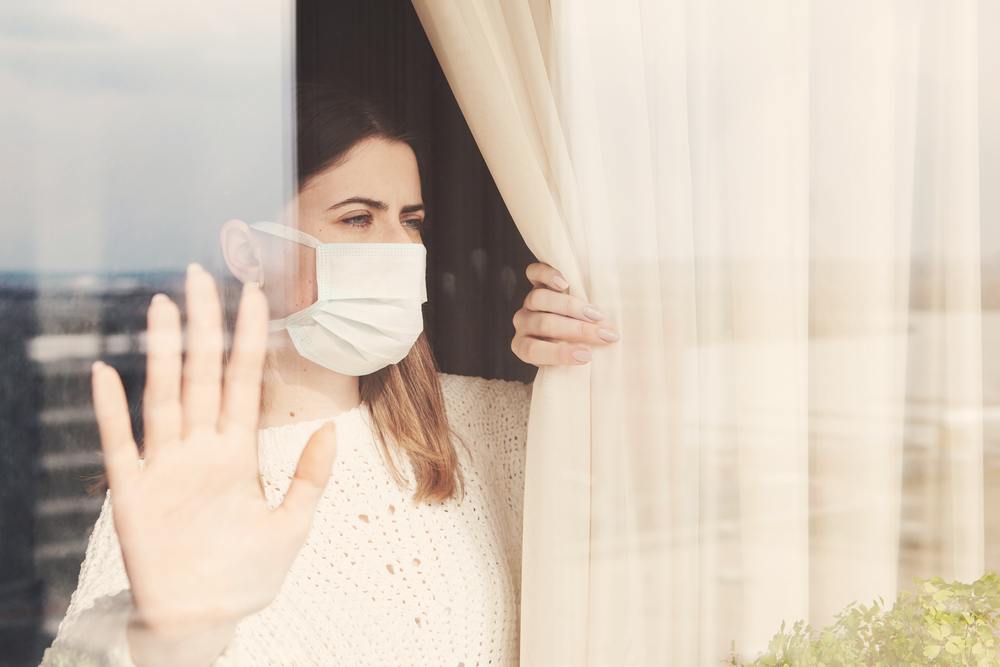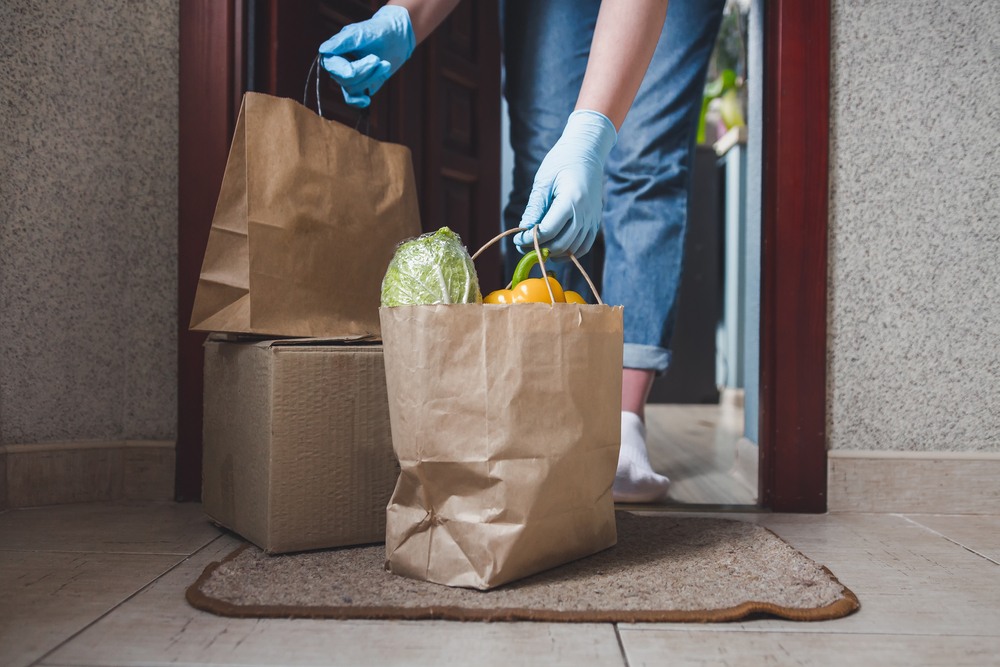7 Essential Steps to Take After Testing Positive For COVID-19

Step #2: Have your housemates quarantine themselves
As I’ve stated above, even if you got a positive COVID-19 test result, it doesn’t mean the other members in your household have it too.
But it doesn’t mean they don’t have it either.
The best option to keep everybody safe in such situations is for everybody in the house to quarantine – meaning, to spend 14 days at home and check their symptoms regularly. According to the Centers for Disease Control and Prevention, this is the incubation period for COVID-19 (and the period in which people can transmit the virus).
If somebody can’t quarantine for two weeks due to their workplace or other circumstances, the CDC says they should still take at least 10 days of quarantine before going out into the world. This option also requires a negative COVID-19 test result after the 10 days, just to make sure they can expose themselves to others safely.
‘But I feel fine!’
This is probably the most commonly heard excuse for people who want to avoid quarantine or self-isolation. I’ll explain it as briefly as I can:
If you feel fine and you enter quarantine for 14 days without having COVID-19, that’s great! You were lucky enough to avoid the virus and responsible enough to keep your loved ones safe.
If you feel fine, but you enter quarantine anyway and then get a positive COVID-19 test, you were even luckier because your decision to self-quarantine has most likely saved somebody from developing serious health complications.
If anybody in your house starts showing symptoms such as fever, cough and other signs associated with COVID-19, it’s time for them to self-isolate as well.

Step #3: Designate a caregiver (if you can)
If you’re lucky enough to be asymptomatic and you can isolate yourself in a separate room, you’ll most likely need help daily to have food delivered or other needs. In this case, it might be best to designate a person in your house to help you with all these chores while in isolation.
Ideally, you should choose a healthy, young person without any risks for health complications (in case they accidentally get the virus from you). This means that people of 65 years old or more and anybody with underlying health conditions should stay away from you, your room or your needs until you get a negative COVID-19 test result.
Your caregiver should make sure to take all precaution measures to stay safe from the virus: washing hands after touching the same objects as you (dishes, for example), wearing a mask if you must come in direct contact and use hand sanitizer whenever needed. The person designated to take care of you during this time must quarantine for 14 days as well.
